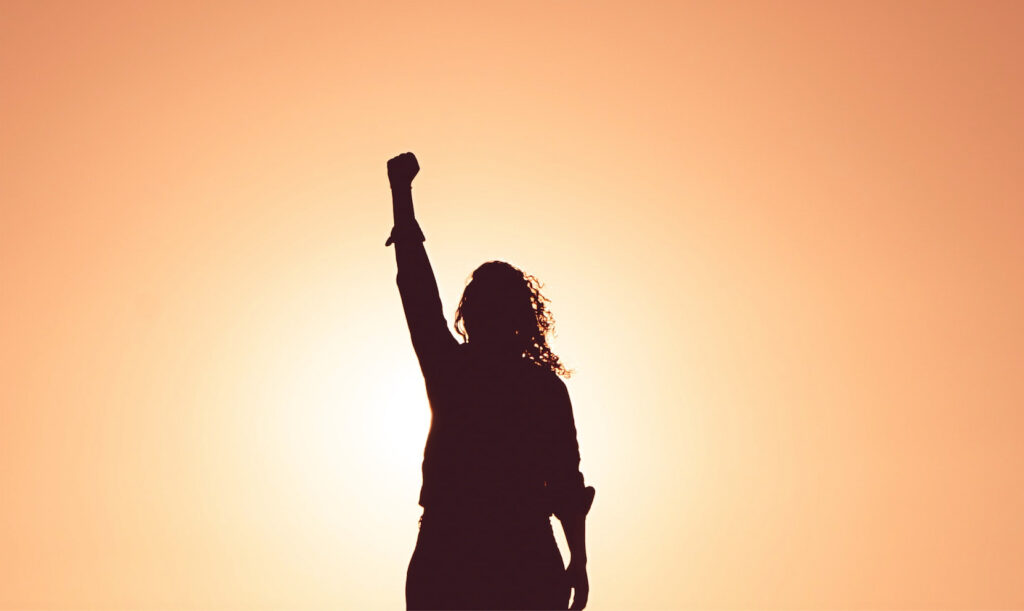Women’s History Month is a step towards equality
There are more out women than men—more out lesbians, women bisexuals, trans women. But how many LBT women will be recognized during March, which is designated as Women’s History Month?
And will the perils faced by those LBT women—murders of trans women of color, deep poverty among queer and trans women—be part of the International Women’s Day 2021 #ChooseToChallenge? On February 25, the Democratic-led House passed the Equality Act. Every Democrat and three Republicans voted to protect LGBTQ Americans in all areas, from housing to schools, public accommodations to social services. The vote came after a contentious three-hour debate in which Republicans made a host of scurrilous and factually incorrect statements about the bill that were often laced with homophobic and transphobic commentary. The day before, Gallup released the results of a poll showing an increase in the number of Americans identifying as LGBTQ—5.6 percent up from 4.5 percent in 2017, the last time the poll was taken. That is a 20 percent increase and means about 20 million Americans identify as something other than cisgender heterosexual.
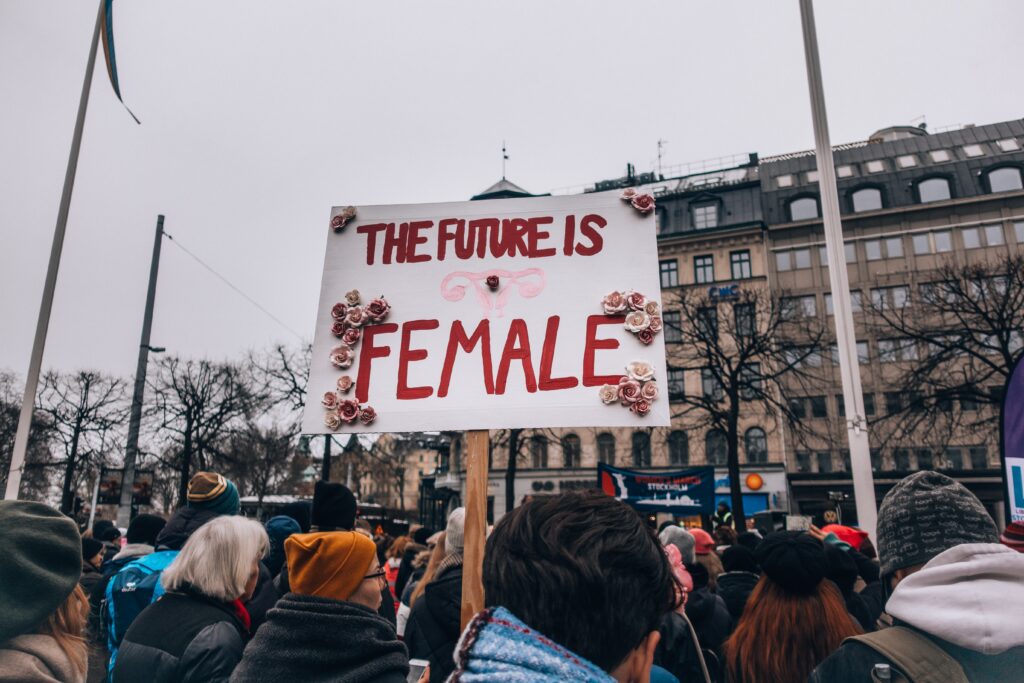
Women’s History Month has been hidden over the past four years of the Trump presidency. Arguably, women’s accomplishments have been hidden over all of U.S. history. But the Library of Congress, National Archives and Records Administration, National Endowment for the Humanities, National Gallery of Art, National Park Service, Smithsonian Institution and United States Holocaust Memorial Museum are back to commemorating the month publicly.
Website https://womenshistorymonth.gov/ notes that they each “encourage the study, observance and celebration of the vital role of women in American history.” Encourage the study, because it isn’t taught. Encourage the observance, because the role of women in our history is still dismissed and demeaned. Encourage celebration, because women remain America’s underclass. International Women’s Day organizers state: “A challenged world is an alert world. We can all choose to challenge and call out gender bias and inequality. We can all choose to seek out and celebrate women’s achievements. Collectively, we can all help create an inclusive world.”
There was nothing inclusive about the GOP debate over the Equality Act, which centered almost exclusively on the rights of women and girls. The hypocrisy of the party defined by misogyny suddenly concern trolling for women and girls was as shocking as it was blatant. The mostly male speakers were outraged over their own fabricated narrative that trans women—who they regularly referred to as men—were overtaking women’s sports and pushing out “real” women and girls, when they weren’t stalking women and girls in public restrooms, the false basis for so-called “bathroom bills.” Yet concomitantly, Republicans claimed that the Equality Act would “kill more unborn babies,” by expanding abortion rights. Another false narrative.
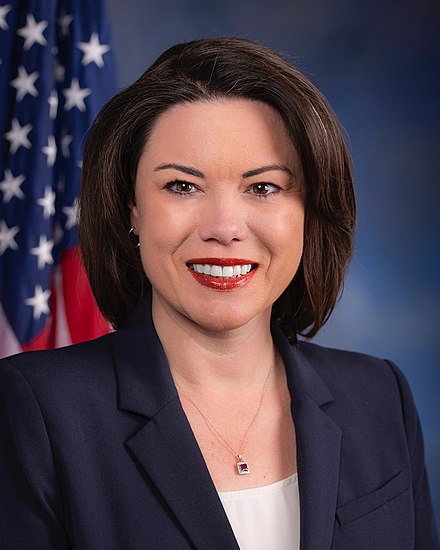
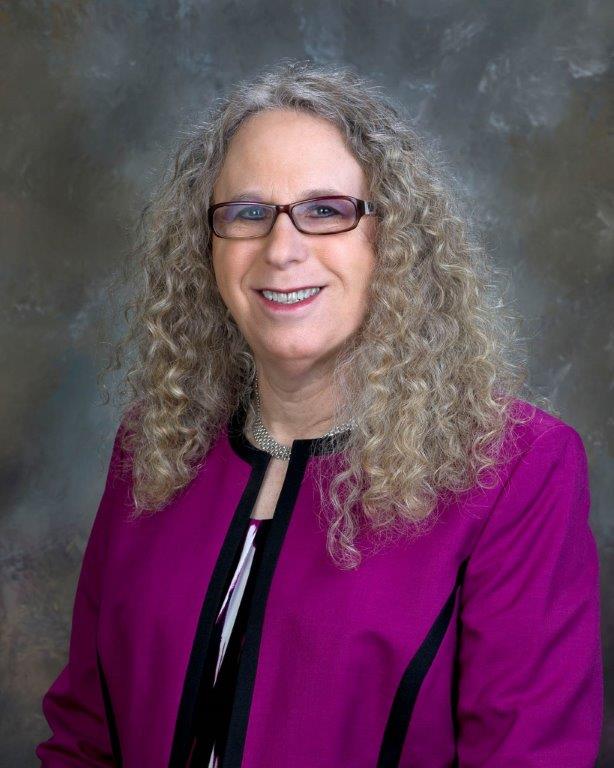
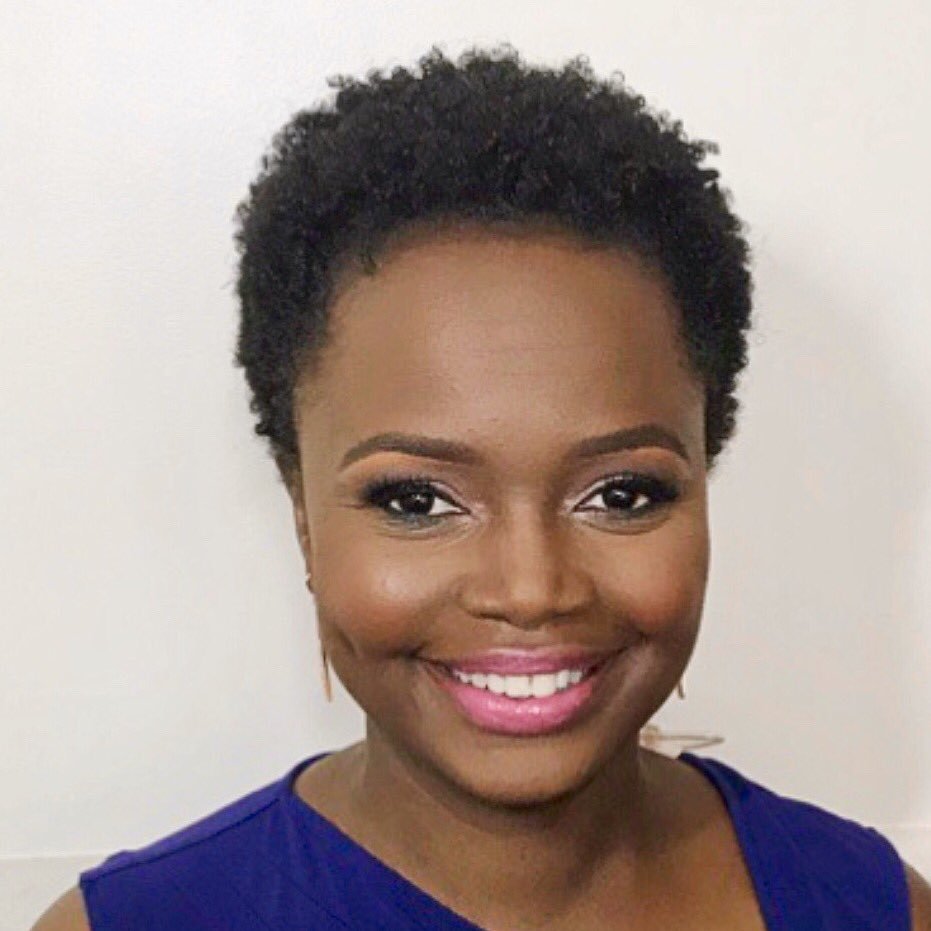
On the other side of the aisle Rep. Angie Craig (D-MN) spoke, noting that she was the first married lesbian mother elected to the House. She said, “The Equality Act does not undermine the achievements or aspirations of women. In fact, by amending the Civil Rights Act to prohibit discrimination on the basis of sex in a broad area of life, we are in fact fighting to ensure that all women are treated equally in all aspects of their lives.” Other Democratic women spoke of their transgender, nonbinary and gender nonconforming children and grandchildren and their lesbian family members. The contradictions across the aisle were stark—made more so for those 20 million living without the protections the Equality Act would provide—most especially for LBT women who face the most discrimination.
Lesbian women have long been leaders in American history. They led in the abolitionist fight against slavery. They created social work in the U.S. They co-founded the ACLU and NAACP. They were the loudest and most vociferous of the suffragists. They were vocal in the Black Civil Rights movement, the second wave of the feminist movement, the environmental movement and in the nascent gay rights movement. They founded the Black Lives Matter movement. They are, like Dr. Rachel Levine, Karine Jean-Pierre and Pili Tobar, making history as firsts in the Biden-Harris administration: Jean-Pierre, the first Black person and first out lesbian to hold a chief of staff role for a vice-presidential nominee, is principal Deputy Press Secretary for the Biden administration. Tobar, a veteran of the immigration reform group America’s Voice, is Deputy White House Communications Director and a lesbian. Once confirmed by the Senate, Dr. Rachel Levine will be the first out transgender woman in a Cabinet, as U.S. Assistant Secretary for Health.
Women whose achievements have been enshrined in history have often had their lesbian and trans identities erased: Susan B. Anthony, abolitionist, suffragist and lesbian. Angelina Weld Grimke, scion of abolitionists, Harlem Renaissance writer, passionate activist against the lynching of Black women, and lesbian. Jane Addams, founder of social work, co-founder of the ACLU, first American woman to win the Nobel Peace Prize and lesbian. Dr. Alice Hamilton, founder of occupational medicine, social worker, only woman member of the League of Nations Health Committee, “subversive reformer” and lesbian. Rachel Carson, scientist, founder of the environmental movement and lesbian. Barbara Jordan, Civil Rights activist, feminist and lesbian. Audre Lorde, poet, essayist, activist and lesbian. Pauli Murray, legal scholar, Episcopal priest, co-founder of the National Organization for Women (NOW), gender nonconforming lesbian. Stormé DeLarverie, singer, drag performer, and proud butch lesbian threw the first punch at Stonewall. Marcia P. Johnson, Stonewall veteran, fighter against the incarceration of LGBTQ people, trans activist. Patrisse Cullors, artist, educator, co-founder of Black Lives Matter, lesbian.
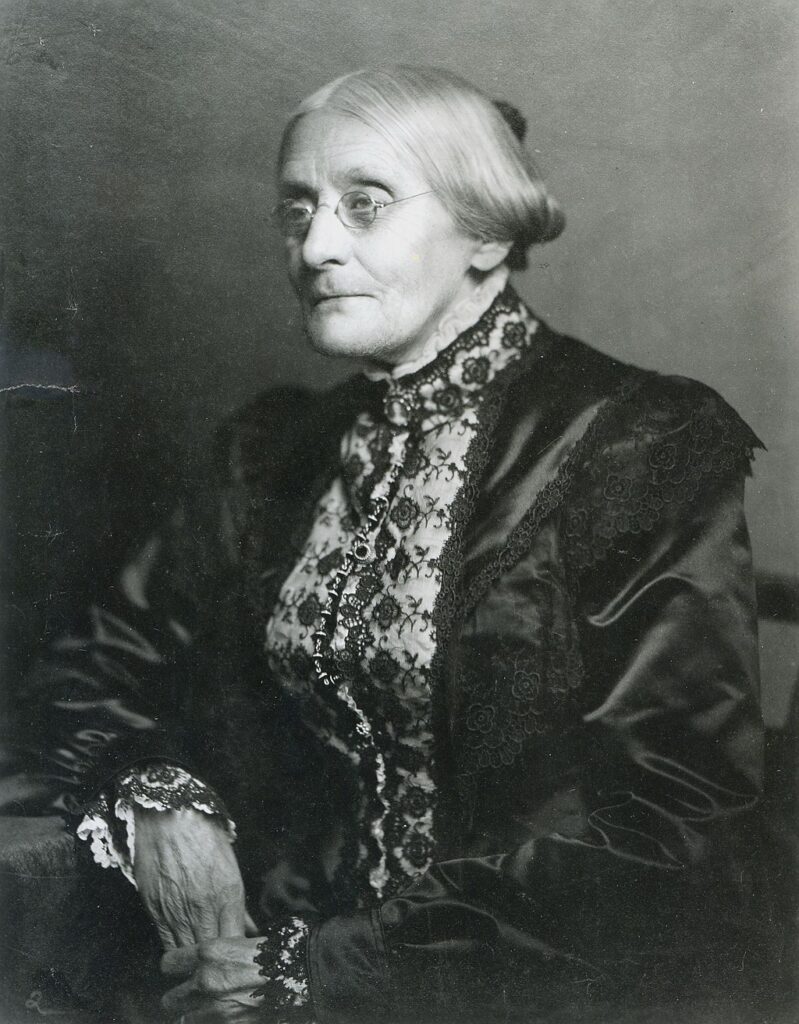
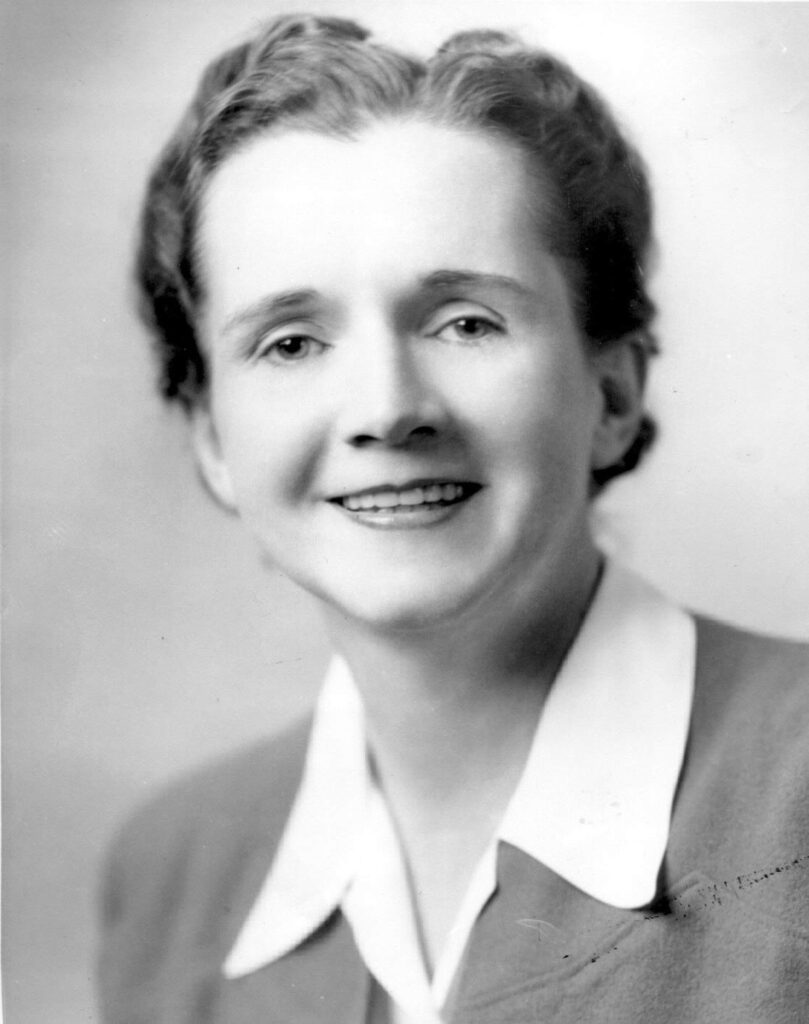
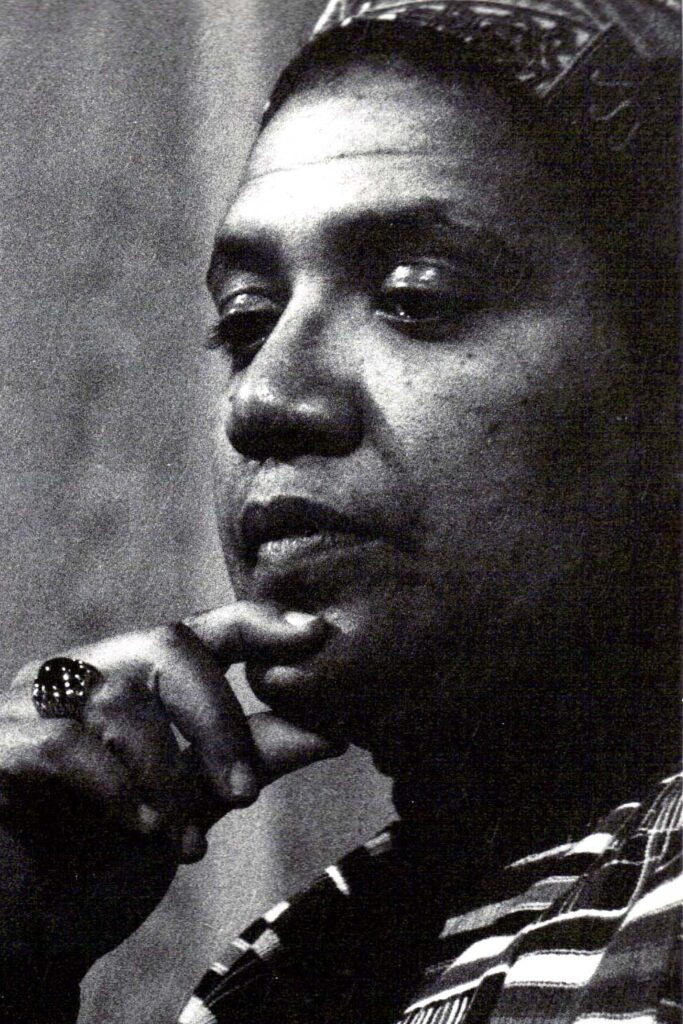

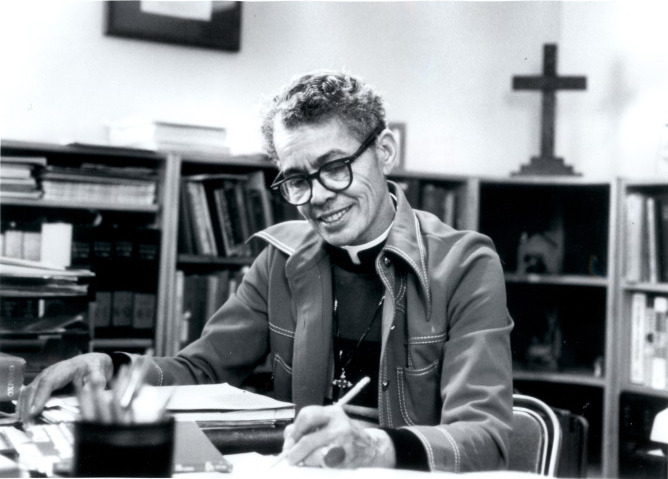
These names matter because the work of these women was critical to that “challenge for change” theme of IWD 2021 over more than a century of activism. These names matter because many women and girls don’t know them, because their accomplishments aren’t taught or when they are taught, their identities are erased. How can men be feminist allies if they are unaware of and unfamiliar with women’s history?
How can gay men appreciate the role of lesbians and trans women in American history if they never heard these names or the accomplishments that go with them? The history of oppression in America and globally is one of maintaining the structural misogyny that keeps women and girls as a perpetual underclass. This underclass status is exacerbated for lesbians, bisexual women, trans women. The current fight over the minimum wage epitomizes this: 80 percent of minimum wage and sub-minimum wage jobs are held by women. Of those women of color and LBT women are disproportionately represented. Refusing to raise the minimum wage perpetuates gendered poverty.Gender equality—gender equity —is critical to our society because it empowers women and girls and strengthens our society as a whole. It recognizes the unpaid labor of women and girls. It grows our economy. It vitiates oppression.This Women’s History Month it is incumbent upon all of us to educate ourselves about the role of women who have been hidden from history, past and present.
On IWD 2021, March 8, it is imperative that people state their pledge to #ChooseToChallenge gender biases and inequalities—including those against LBT women.In 2021 far too many women are still breaking ground as “firsts”—the Biden-Harris administration is full of them. Vice President Kamala Harris herself has broken through the gender ceiling into the executive branch of U.S. government. But while women represent 51.5 percent of the U.S. population, only a quarter of the Congress is female.
As Audre Lorde wrote, “My silences had not protected me. Your silences will not protect you…. What are the words you do not yet have? Our speaking out will permit other women to speak, until laws are changed and lives are saved and the world is altered forever.” Alter the world. Be the change. Celebrate women’s history.

